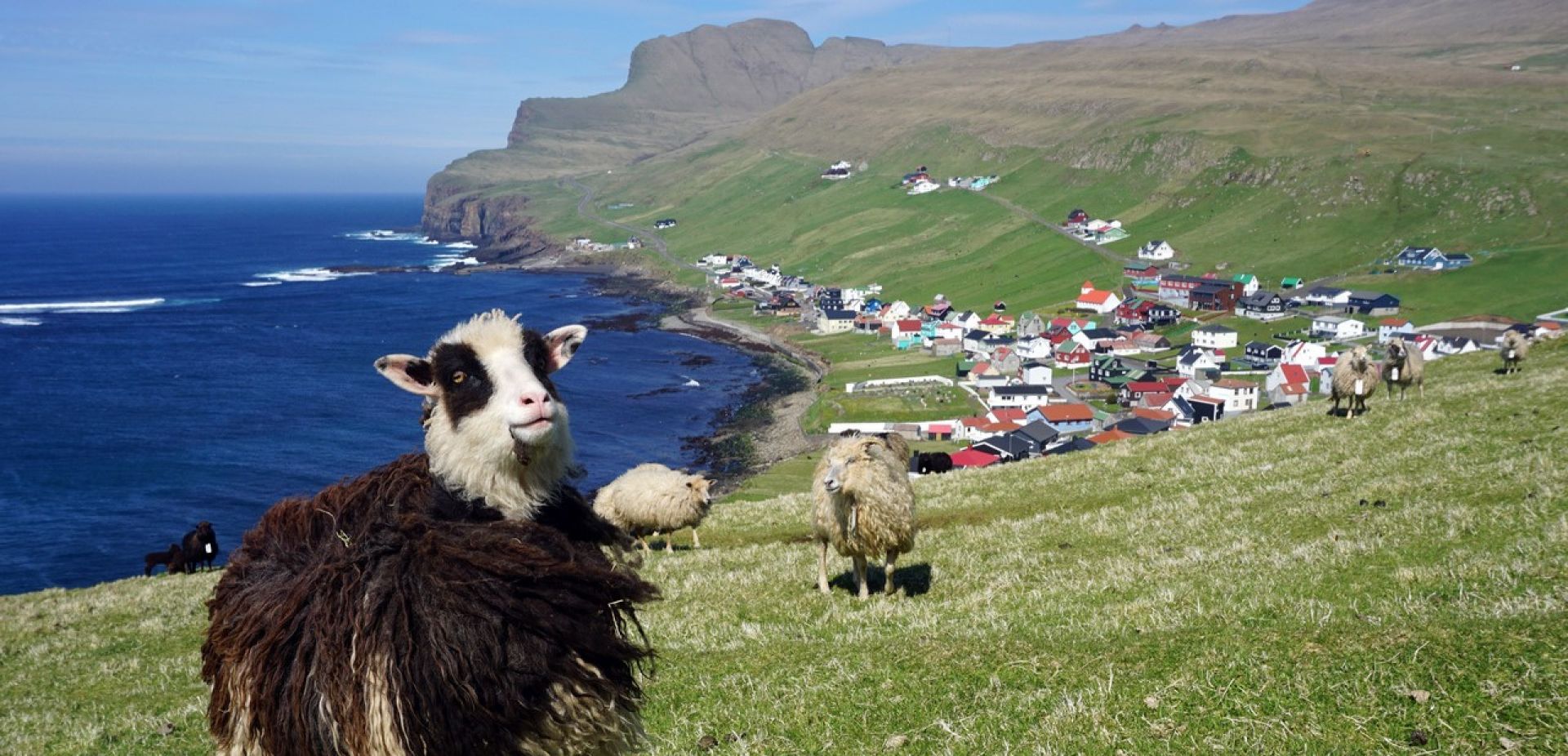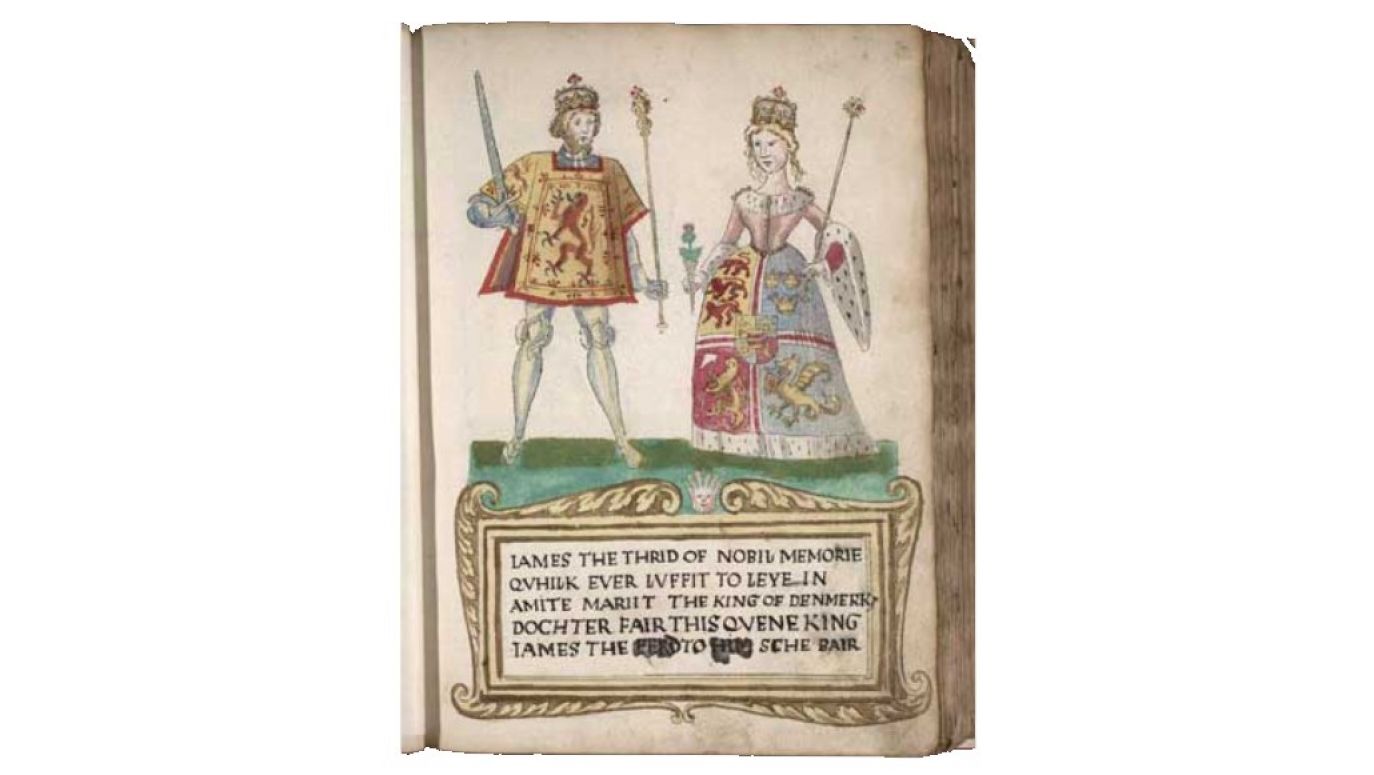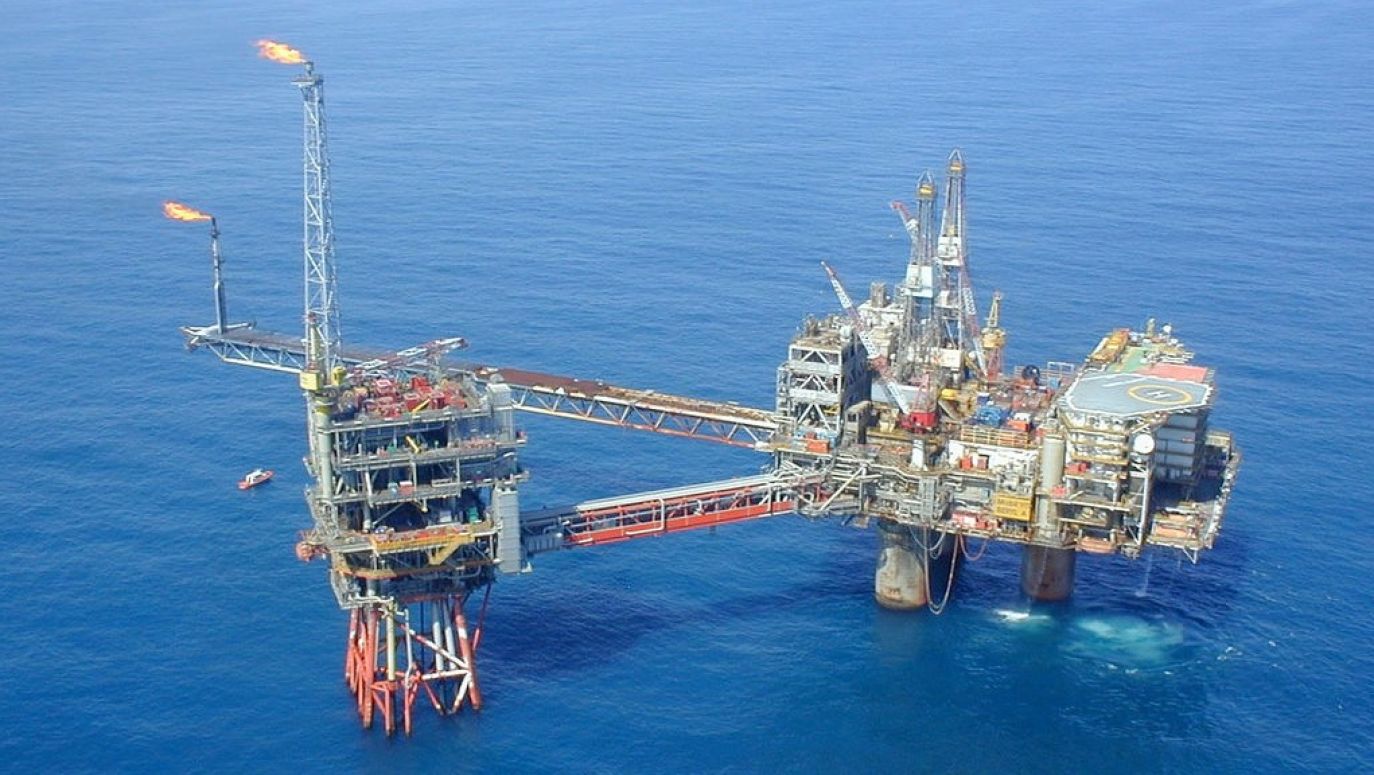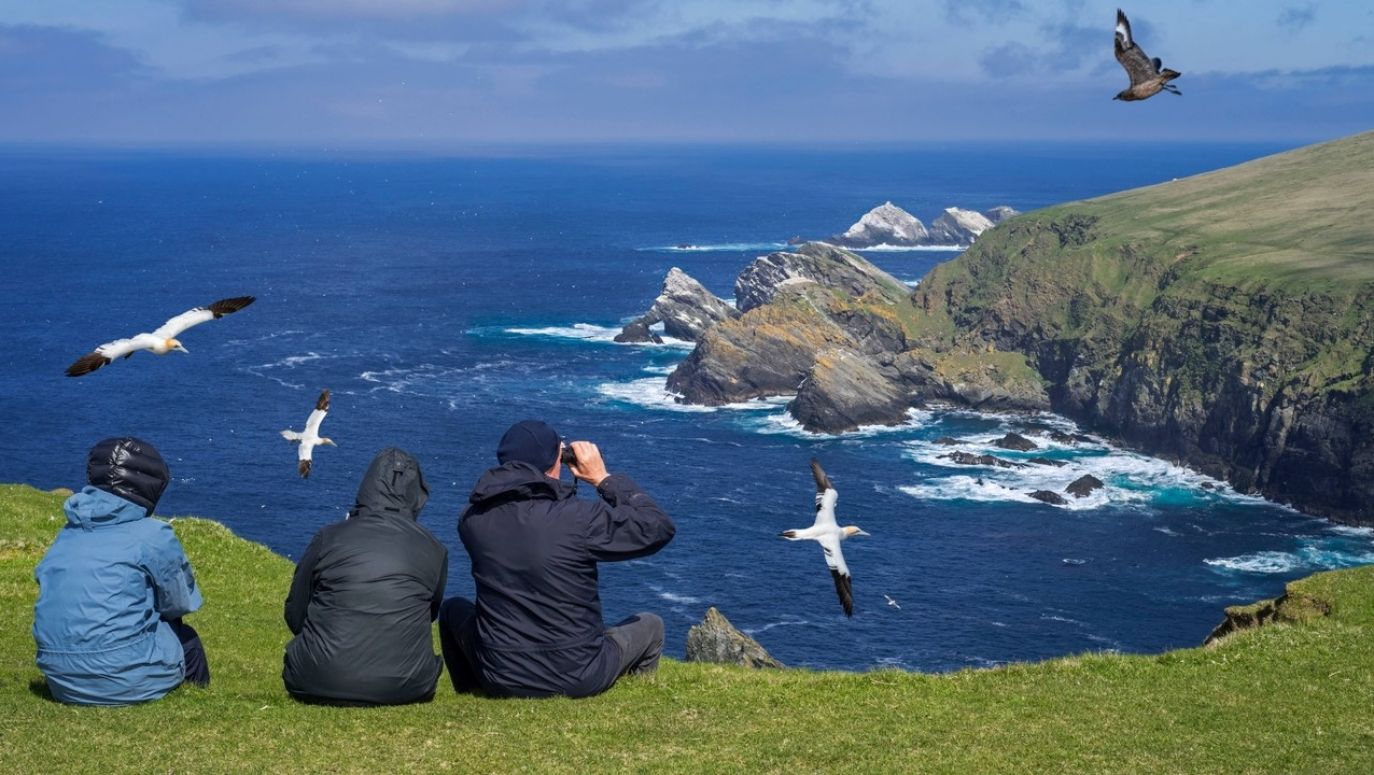It also happens that the state lays claims to the island only to assert itself in its position. This was the background to the heated dispute over the Aegean islet of Imia. Because of two pieces of uninhabited and worthless rock, Greece - to which Imia/Kardak belongs - and Turkey, in the mid-1990s, were almost on the brink of war. It was even difficult to find any rational arguments, such as the desire to shift Turkey's territorial waters, because Imia - like most Greek islands in the Aegean Sea - is located right next to the Turkish coast.
Arguments concerning islands are not a thing of any distant past. Britain and Argentina fought a short but fierce war over the Falkland Islands just 41 years ago. Russia and Japan are not fighting over the Kuriles, but the issue of the Japanese ownership of the islands - part of which were occupied by the Soviet Union at the end of World War II - is still far from resolved. What about Taiwan, which belonged to Japan until the end of the second world war, and China considers its territory? Who remembers that until 1944 Iceland was under Danish rule, in a personal union, and that the Icelanders ended it in a referendum?
 SIGN UP TO OUR PAGE
SIGN UP TO OUR PAGE 
Islands are desirable because they are valuable. There is a lot to this: from its strategic location to its economic advantages; Malta, for example, was once the British "permanent aircraft carrier", and Gotland gave Sweden clear insight into the situation on the Baltic Sea. Fishing, for centuries the basis of the economy, today often gives way to oil and gas extraction from the seabed, as well as tourism, because the islands are picturesque by nature. So there is a lot to strive for.
Ransom for Orxit Threat
Could Orkney secede, leaving Scotland and Great Britain to join another country, most likely Norway? Such news circulated in the world's media at the beginning of the summer, and it was by no means a sensation calculated for ‘The Silly Season’ (which has been absent for the last few years during the holidays, as the world does not stop today even for a moment). The report, commissioned by the local government, meticulously enumerates all the sins committed against Orkney by the Scottish Government.
The Orkney Islands, the report says, dramatically need subsidies, not only compared to the Scottish mainland but also to other two Scottish archipelagos - Shetland and the Hebrides. This is reflected in the infrastructure and the state of services. It is especially bad with ferry communication, because many old ferries are in such a state that they should be withdrawn from use – and only with good ferry connections can the islands function. Therefore, since the authorities in Edinburgh disregard the situation of Orkney and the needs of its inhabitants - according to the authors of the report and the Council of the Islands, which adopted it by an overwhelming majority - an "alternative model of governance" should be considered.


 SIGN UP TO OUR PAGE
SIGN UP TO OUR PAGE 






